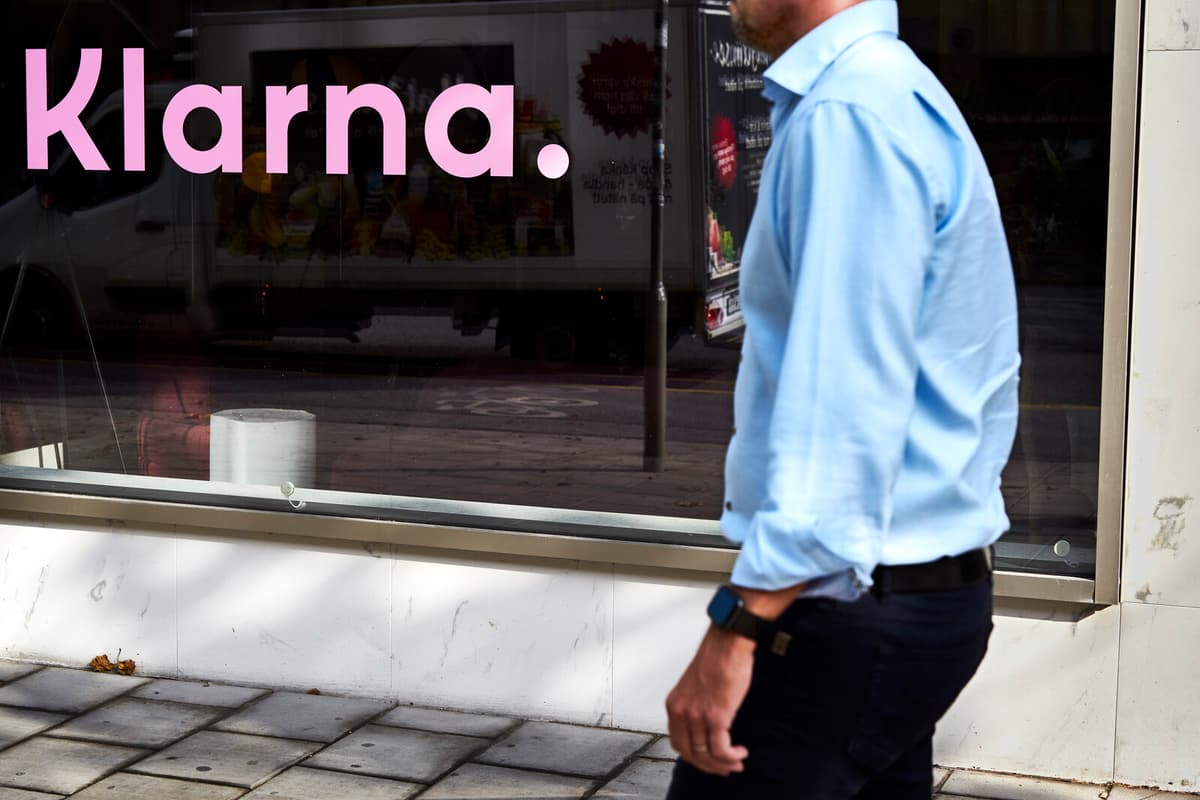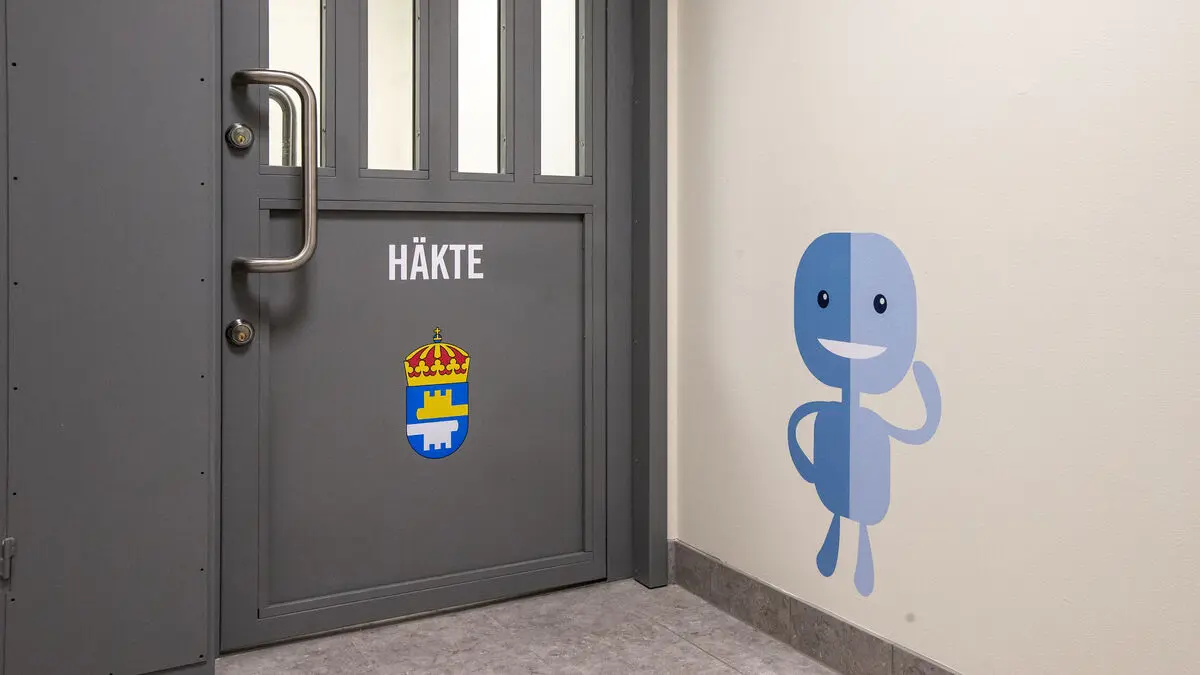When a company is listed on the stock exchange, the number of shares of the total that are put up for sale is called "free float".
When Klarna is expected to go public this week, it is about a free float of around 10 percent, according to Aktiespararnas calculation.
This is an unusually small number of shares. Normally, the stock exchange requires a free float of over 25 percent when listing, but sometimes makes exceptions, according to the organization.
Pressure on listing
Normally, a small float is a signal that the listing is not primarily made in the interest of the new shareholders, but rather that it is about getting the valuation of the company up, says Lars Frick.
In Klarna's case, Frick says that a lot has been said about how many people have become rich in theory and that there is internal pressure for a listing.
Because then it becomes real money, and not just money on paper, he says.
A small number of listed shares also means that the existing owners remain in power.
It's the Klarna gang that's in charge and not like in a pure stock market company where the shareholders sit at the meeting and approve decisions, says Frick and continues:
When Klarna's owners remain with 90 percent, it becomes quite locked in terms of power and economy.
According to Esbjörn Lundevall, chief analyst at SEB, a small free float is generally something that the market does not like.
It limits trading in the share, and it is generally bad.
If the volume becomes too small to trade with, the value of the company may become more uncertain than if it is a larger number of shares being traded, according to Lundevall.
Believe in the company
According to Lars Frick, major shareholders in listed companies are rarely sitting on more than 5 to 7 percent of the shares.
Take Atlas Copco, which is one of Investor's most important holdings. There, they are the largest shareholder with 17 percent of the capital. It puts things a bit into perspective.
Can there be anything positive about the owners wanting to stay?
That those who have been involved in founding the company want to be involved and own is a pretty good signal that they believe in the company. If they dump everything, it's the opposite feeling that the rollercoaster is on its way over the top, says Lars Frick.






